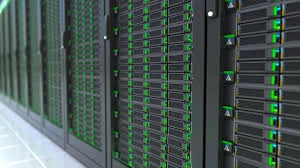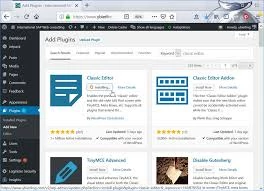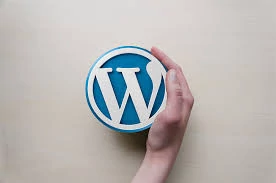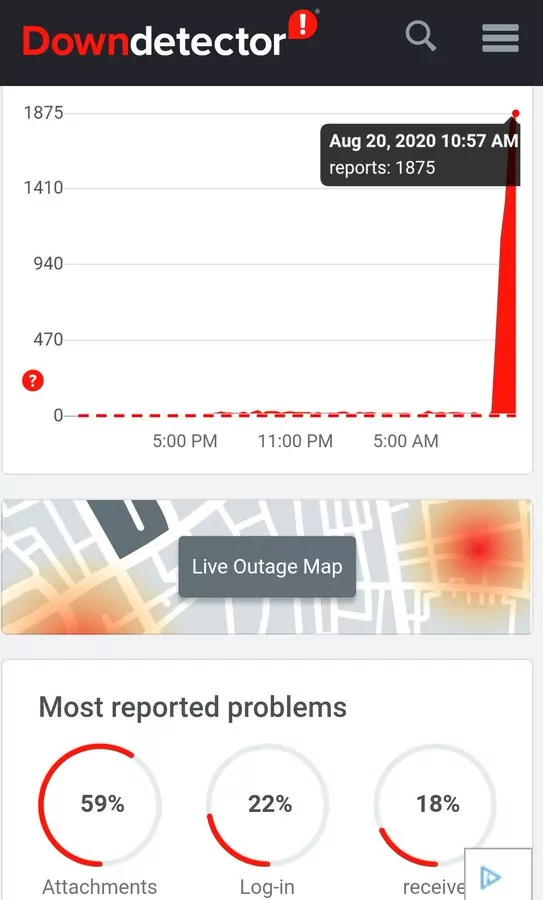Why our WordPress Site works Slowly?
- Cheap or Low-Quality Hosting
- Internet Speed
- Plugins
- Bloat on your website
- Catching
- Avoid Bottlenecks by Monitoring Websites
These are some reasons that Why our WordPress Site works Slowly?
Cheap or Low Quality Hosting

One reason might be the online host service which has put your site on an overcrowded shared server. Check the sort of hosting plan that you simply are using and if possible attempt to avoid common shared hosting. If the location is sharing server resources with many other sites, the speed is going to be significantly slow during peak hours or high traffic instances. Also, check if the hosting service offers WordPress specific features. The service should provide automatic updates of plugins and themes, host-level caching and lots of other features that are specific to word-press. Otherwise, it’ll affect location continuity, speed, and performance. to seek out out if your web hosting service is a problem use a tool like an internet site monitoring service with a server monitoring feature. The service will check the server bandwidth and capabilities and can let you recognize if it’s causing a problem.
Internet Speed Cause Slow Website

How fast an internet site should load to avoid the danger of losing visitors? Nowadays, a couple of seconds difference is enough for users to make a decision about the web site. If the location doesn’t load as quickly as possible within the first few seconds, the users leave the location. there’s quite different in how an HTML coded website responds to the users than a WordPress site. Websites that are made from simple HTML5/CSS3 load faster because there’s no dependency on plugins and themes. WordPress websites mostly depend upon plugins or themes. Using poorly coded plugins and bloated themes can make the location very slow. Since there are a lot of plugins available liberal to use in WordPress, programmers generally use many of them on websites without much thought. But they don’t realize this may increase the number of Http requests and cargo on the server. Also, sometimes the plugins conflict with one another or with the opposite site functionality. All this impacts site performance or functionality leading to nil or slow website response. allow us to see some major reasons that contribute to the slow loading of a WordPress site.
Plugins

Not just the speed issues, the location may face many other problems with the incorrect choice of plugins. Since the plugins are developed by programmers with varying skills, the standard of every may differ. If the plugin is vital surely site functionality, attempt to check its performance impact on other plugins and themes. Especially plugins that are free are the first culprits for slowing down of internet sites. it’s better to avoid outdated and unnecessary plugins. If you’re using third party premium plugin with encryption, commit it to memory goes to 3rd party server to process the code. Also if plugins are getting used for database queries or redirects, confirm to see their performance before using.
Bloat on your Website
Reduce the bloat on your site by decreasing the image sizes, reducing number of plugins & themes and minimizing the usage of external scripts & add-ons. If you’re using bulky images and graphics, compress and optimize files to scale back their size. Unless it’s necessary, avoid using plugins for live chats, social media buttons (Like Twitter & facebook), page pop-ups and video embed scripts (like Youtube videos) etc. Avoiding them will reduce the unnecessary load on the server and speed up the performance of the location.
Catching

Retrieving the info from the server can become bottleneck especially during peak hours when traffic is high. When the server is overloaded with multiple HTTP requests the performance of the location is going to below. the location is going to be sluggish if the content isn’t cached. By caching the plugins and pages as static files, the performance of the location are often improved. this may reduce the repeated HTTP requests and ease the load on the server. Particularly, when WordPress uses database requests to retrieve the content for users, caching will speed up the performance of the server also because of the website.
Avoid Bottlenecks by Monitoring Websites
Mentioned above are just a couple of reasons for bottlenecks in Word-press websites. To troubleshoot the speed problems with a WordPress site, pinpointing the difficulty is required. regardless of how well you optimize the code or check for errors intimately, you’ll not identify the important cause. It requires a system that analyses all aspects of the website for potential reasons including themes, plugins and external add-ons. Website monitoring is one such helpful service for identifying the basis explanation for your WordPress site. The service measures site speed under different scenarios and provides correct assessment about the possible issues.
Conclusion
I think now your query for (Why our WordPress Site works Slowly) will mightly be solved.
Read our other Articles:-
- How to Promote your Website?
- 3 Easy Ways To Generate Website Traffic
- How to Rank YouTube Videos in 2020?




